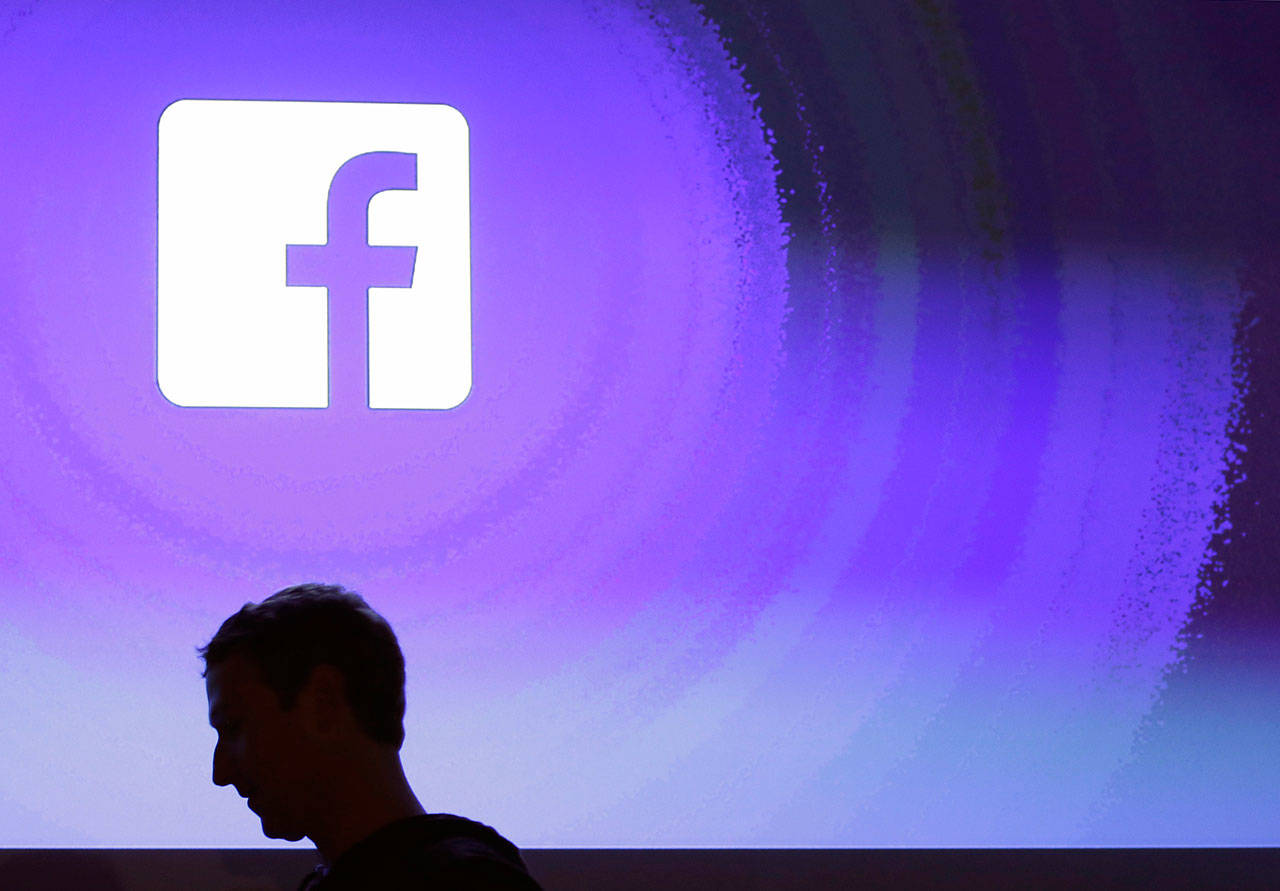By The Herald Editorial Board
Should we stay, or should we go now?
With apologies to The Clash, that’s the question many of us are asking, following revelations — and a less-than-impressive response — that more than 50 million Facebook users’ personal information was “harvested” without consent, analyzed and used for political purposes, including targeted advertising and other messaging by data analytics firm Cambridge Analytica for the 2016 presidential campaign of Donald Trump.
Facebook already was working to tamp down concerns about a lack of transparency that had allowed Kremlin-backed internet trolls to promote messaging and organize political rallies on Facebook — sometimes from both sides of a race or issue — to play up the political divide in America.
It’s not an easy question to answer. It’s not clear that there’s a mass exodus brewing to leave the premiere social network, which boasts more than 2 billion users worldwide. But the hashtag #DeleteFacebook appeared more than 50,000 times on Twitter — that other social network — as of Wednesday, The New York Times reported. And most of us have heard the question asked by friends, even on Facebook, whether we intend to stay.
Yet, as disturbing as the idea is of a loss of control of our personal information, Facebook has insinuated itself into our daily lives, connecting us with friends and family, serving as a platform for news and entertainment and providing connections useful to our careers and businesses.
But it’s always been a transactional relationship. In exchange for that service and the connections it provides, we consent — whether we read the terms of service or not — to share some of our information, such as names, profile pictures and posts, when we use a Facebook app, such as a quiz, which is how Cambridge Analytica came to possess the information it used.
That part of the transaction is supposed to be in our control. In the case of Cambridge Analytica, it may not have been, as the data analytics firm scraped up lists of friends of Facebook users who participated in the quiz, along with other data. In other words, the data firm may have harvested and used your name without your consent or knowledge because a friend took a quiz.
Key for many in deciding whether to continue that transaction will be the response of Facebook and its founder and CEO Mark Zuckerberg.
Among the easy calls were Facebook’s suspension of Cambridge Analytica, and the announcement that Facebook would be auditing all apps and their data-collection policies.
Zuckerberg apologized in a CNN interview for a “major breach of trust,” acknowledged that the network has a responsibility to protect users’ data and outlined steps that Facebook would take to restore that trust.
But other responses, before and since the story broke, are less than satisfying.
When Facebook learned that Cambridge Analytic was using data that it had obtained surreptitiously, reports The New Yorker, its response was not to alert users to the breach and announce reforms. Instead, it quietly asked the firm to delete the data and may not have followed up to assure that had been done.
Zuckerberg also appeared to waffle on whether he’d support more regulation of Facebook and other internet giants, including the suddenly very quiet Google and Amazon. He appeared to support regulation that would require online political ads to disclose who paid for them, The Washington Post reported, but preferred voluntary steps for other issues.
The same Post story notes that Facebook, rather than notifying users directly if their information was part of the Cambridge breach, said it planned to develop a “tool” that would allow Facebook users to check themselves.
Zuckerberg may be called to testify before the House Energy and Commerce Committee, but — also in the CNN interview — said he was willing to testify before Congress “if it’s the right thing to do,” preferring to send other Facebook officials to answer technical questions. Congress, no doubt, will have questions for Facebook’s technical experts, but Zuckerberg shouldn’t hesitate to appear before congressional committees if he hopes to restore the trust of elected officials and Facebook users.
Helio Fred Garcia, a professor of crisis management at NYU and Columbia University in New York, hasn’t been impressed with Facebook’s response. “They’re caught coming short of customers’ privacy expectations,” he told the Associated Press. “They tweak procedures. But they don’t seem to learn from mistakes, don’t really seem to care.”
Cue The Clash’s Mick Jones: “If I go there will be trouble; if I stay it will be double.”
Talk to us
> Give us your news tips.
> Send us a letter to the editor.
> More Herald contact information.

























